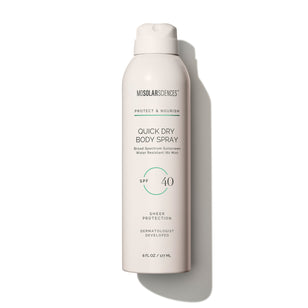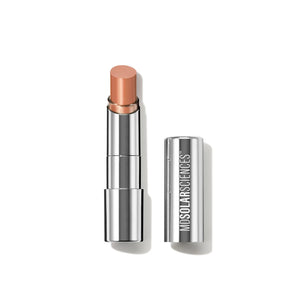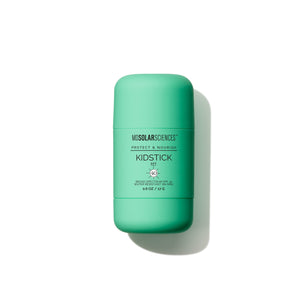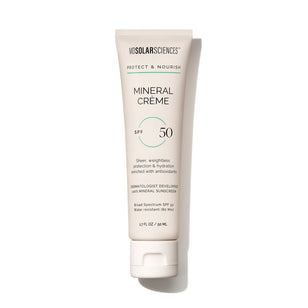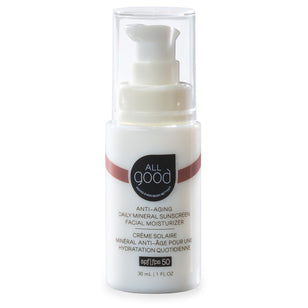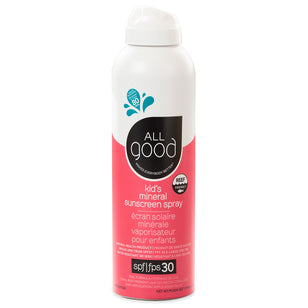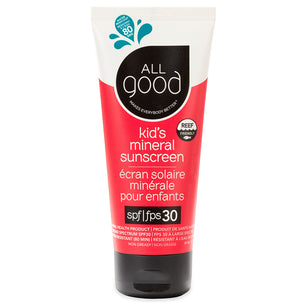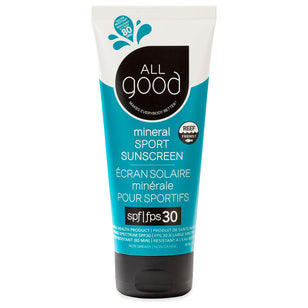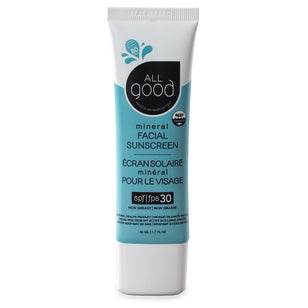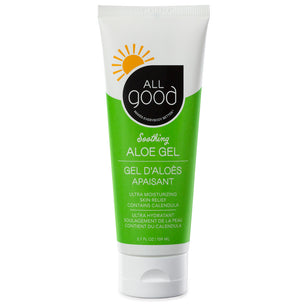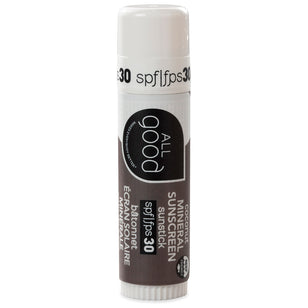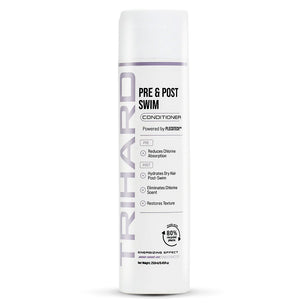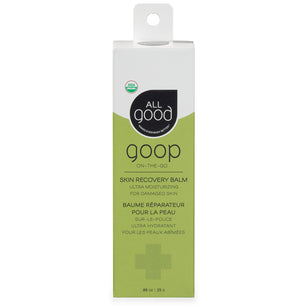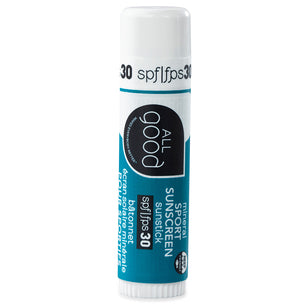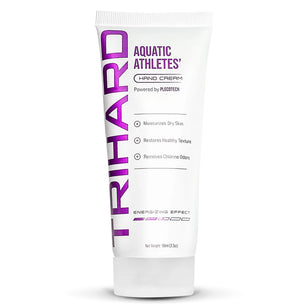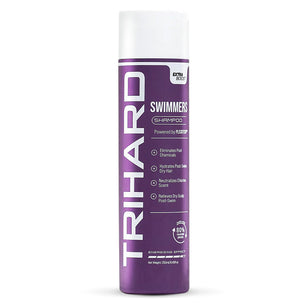Sunscreen & Skin Care
Sunscreen
At UV Skinz, we’ve made it our mission to help you protect your skin from the sun’s harmful UVA and UVB rays. That’s why we also offer a selection of the best mineral sunscreens we could find, and tried and tested them too, to keep you sun safe. Our sunscreen collection includes the following:
- Mineral-based sunscreen
- Active sunscreen
- Baby and kid sunscreen
Mineral-Based Sunscreen
To best protect your skin, we’re proud to offer the sunscreen industry’s leading clean and cruelty-free sunscreen companies like MDSolarSciences and CoTZ. Fast-drying, lightweight and made with the safest ingredients on the market, MDSolarSciences was founded by a dermatologic oncologist to provide safe, clean broad-spectrum sunscreen for babies, kids, and adults.
CoTZ offers chemical free, gentle mineral-sunscreen with natural ingredients that feels great on your skin.
Active Sunscreen
Trying to find an active sunscreen you can rely on while exercising and partaking in your favorite outdoor activities can be tough. Fortunately, we found a lightweight, non-greasy, quick-drying broad-spectrum sunscreen spray that’s water resistant and easy to reapply.
Check out our selection of active sunscreen online to ensure your skin is protected from the sun while out exercising outside.
Baby and Kid Sunscreen
Babies and children have more sensitive skin, which means they require sensitive or baby sunscreen. We have a selection of extra gentle sunscreen for babies, which is recommended by pediatric dermatologists to keep your little ones protected under the sun. Easy to apply and soothing to the skin, this sunscreen is perfect for babies 6 months and up.
Shop our selection of the sunscreen industry’s best mineral sunscreen here at UV Skinz.
Mineral Sunscreen FAQ
1. What is mineral sunscreen?
Mineral sunscreen is formulated using active ingredients zinc oxide and titanium dioxide to prevent a certain amount of UVA and UVB rays from reaching the skin. A mineral sunscreen with both of these active minerals will likely be listed as “broad spectrum.” You can purchase mineral sunscreen for face, lip sunscreen, mineral-based sunscreen for body, and tinted sunscreen for face and lips.
2. Is mineral or chemical sunscreen better?
Based on skin sensitivity, potential health problems, and function, mineral sunscreen is better for you than chemical sunscreen. Mineral-based sunscreen features minerals zinc oxide and titanium dioxide as active ingredients. These minerals sit on top of the skin, deflecting the sun’s harmful rays from reaching your skin. Conversely, chemical sunscreen ingredients can lead to skin irritations and potential health problems since the chemicals must be absorbed into the skin in order to then absorb the sun’s rays.
3. Why is mineral sunscreen better?
Mineral-based sunscreen uses minerals zinc oxide and titanium dioxide as the active, UV blocking ingredients. These minerals sit on top of the skin, deflecting the sun’s harmful rays away from the skin. Mineral sunscreen is less likely to irritate sensitive or acne-prone skin and protects the skin immediately after application. This differs from chemical sunscreen, which more often irritates sensitive skin and must be absorbed by the skin about 10-15 minutes before sun exposure.
4. Does mineral sunscreen work?
Yes. When zinc oxide and titanium dioxide are both present in a mineral sunscreen and it is applied as recommended, mineral sunscreen effectively blocks UVA and UVB rays from ever penetrating the skin. As the sun rays “bounce off” of the sunscreen molecules, these molecules can break down and not be as effective as time passes. For best results, apply mineral sunscreen every two hours.
5. Is mineral sunscreen reef safe?
Not all mineral sunscreens are reef-safe. To tell if your mineral sunscreen for face, lips, or body is reef-safe, check the active ingredients to ensure your mineral sunscreen active ingredients are micro-sized. You will want to avoid nanoparticles, as they can be toxic to reef life in high concentrations. It is also recommended to use a lotion sunscreen instead of a spray or misting sunscreen when possible, as they should not be inhaled.
6. Does mineral sunscreen prevent tanning?
Not completely. No chemical or mineral-based sunscreen can effectively block 100 percent of the sun’s rays, which means there is always a chance for your skin to darken from sun exposure. However, it should be noted that no amount of deliberate tanning is safe. We recommend using a tinted sunscreen for face that can offer sun protection while adding desired sun-kissed color to your skin.
7. Does sunscreen block all UV rays?
When zinc oxide and titanium dioxide are both present in a mineral sunscreen and it is applied as recommended, mineral sunscreen effectively blocks UVA and UVB rays from ever penetrating the skin, but not all of them. A sunscreen with an SPF of 30 or higher can block 97 percent of the sun’s UVB rays. A mineral sunscreen with only zinc oxide will only protect against UVA rays, and titanium dioxide helps prevent UVB ray absorption. No chemical or mineral sunscreen can block 100 percent of the sun’s UVB rays, which is why sun-safe clothing is a necessary measure to further protect the skin.
